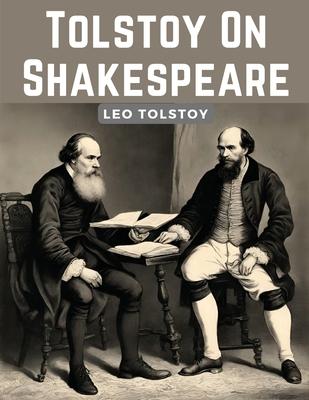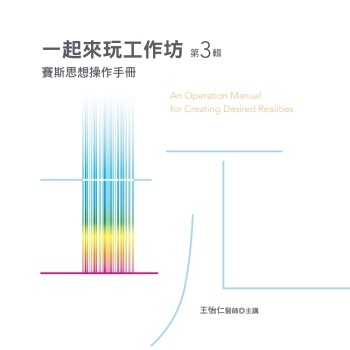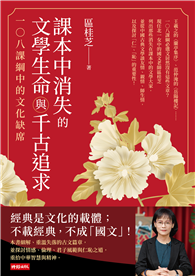"Tolstoy On Shakespeare: A Critical Essay On Shakespeare" is a non-fiction work by the renowned Russian writer Leo Tolstoy, published in 1906. In this essay, Tolstoy presents a comprehensive critique of the works of William Shakespeare, arguably the most celebrated playwright in the English language.
Tolstoy’s assessment of Shakespeare’s plays is characterized by both admiration and criticism. While he acknowledges Shakespeare’s literary genius and the universal appeal of his works, Tolstoy also questions their moral and artistic value.
One of Tolstoy’s main criticisms of Shakespeare is centered on what he perceives as the lack of moral clarity and coherence in his plays. Tolstoy argues that Shakespeare’s characters and plots lack moral integrity and fail to convey a clear moral message. He accuses Shakespeare of promoting moral relativism and portraying human behavior in a morally ambiguous light, which he views as detrimental to society.
Furthermore, Tolstoy criticizes Shakespeare’s portrayal of life as a series of chaotic and meaningless events, devoid of any higher purpose or moral order. He contrasts this with his own belief in the importance of moral principles and the pursuit of a meaningful life guided by moral ideals.
In addition to his moral objections, Tolstoy also critiques Shakespeare’s writing style, particularly his use of complex language and intricate plots, which he finds excessive and unnecessary. Tolstoy advocates for simplicity and clarity in literature, arguing that Shakespeare’s verbosity and ornate language detract from the true essence of his characters and themes.
Despite his criticisms, Tolstoy acknowledges Shakespeare’s immense influence on world literature and culture. He recognizes the enduring popularity of Shakespeare’s plays and the profound impact they have had on subsequent generations of writers and artists.
Overall, "Tolstoy On Shakespeare" offers a thought-provoking analysis of Shakespeare’s works from the perspective of one of the greatest writers of the 19th century. Tolstoy’s essay reflects his own moral and aesthetic principles, as well as his profound engagement with the philosophical questions of human existence and the nature of art.











